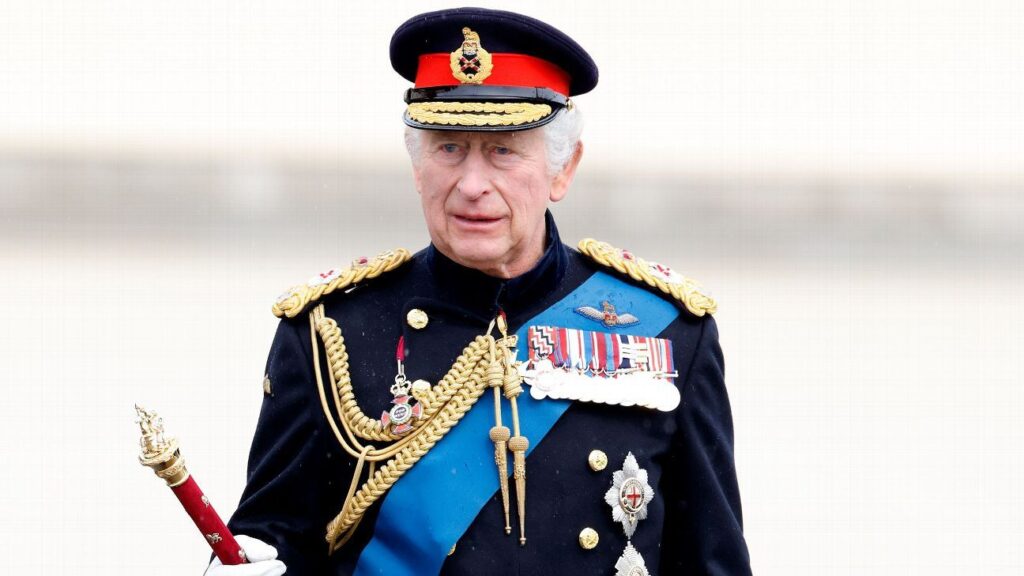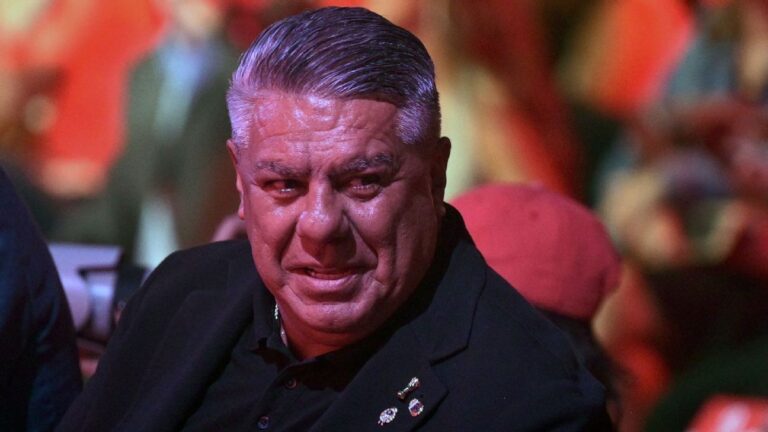You would be forgiven for assuming there couldn’t be any direct connection between the United Kingdom’s imminent coronation of King Charles III and UEFA’s creation of the Champions League in 1992, but the two events do share a common theme — quite literally.
Keen to emphasise the high-brow lustre of its flagship club competition, UEFA relaunched the European Cup ahead of the 1992-93 season and sought to establish its elite credentials with stylish modern branding and an elegant, classical soundtrack.
Inspired by The Three Tenors stirring a passion for classical music in the football sphere with their spine-tingling rendition of “Nessun Dorma” at the 1990 World Cup in Italy, UEFA was keen to take advantage as it prepared to embark on a new era of European competition and consign a decade marred by hooliganism to the past.
As a result, the Champions League was handed an iconic bespoke anthem that is still played before each game to this day.
The song is a stirring piece written by English composer Tony Britten that features choral lyrics sung in all three of UEFA’s official languages (English, French and German) and a soaring arrangement based on a famous work by German-born composer George Frideric Handel entitled “Zadok the Priest.”
Britten’s Champions League anthem has become one of the most recognised sporting songs in the world with the famously multilingual refrain (“Die meister, die besten, les grandes equipes, the champions”) instantly familiar to football fans around the world.
– Stream on ESPN+: LaLiga, Bundesliga, more (U.S.)
After Britten presented UEFA with a selection of existing classical pieces to ascertain the specific feel that European football’s governing body wanted for the Champions League theme, “Zadok the Priest” was chosen as the template.
“UEFA wanted this competition to be about the best of football, rather than the worst,” Britten told the BBC in a 2020 interview. “Some say the tune is nicked from Handel, but it’s not. It’s just the first writing string phrase, and the rest is me.”
“Zadok the Priest” was first composed by Handel to be performed at the coronation of King George II in 1727, and it has been used at the crowning of every British monarch ever since.
It’s hard to think of a more suitable piece of music than one with lyrics such as:
It has been confirmed by the Royal Family that “Zadok the Priest” will once again form part of the musical repertoire when King Charles III is formally crowned in London on Saturday.
Strange to think, then, that when Real Madrid and Manchester City meet for the first leg of the Champions League semifinals, the very same strains will be echoing around the rafters of the Bernabeu just before kickoff as those that were heard at Westminster Abbey three days earlier.




